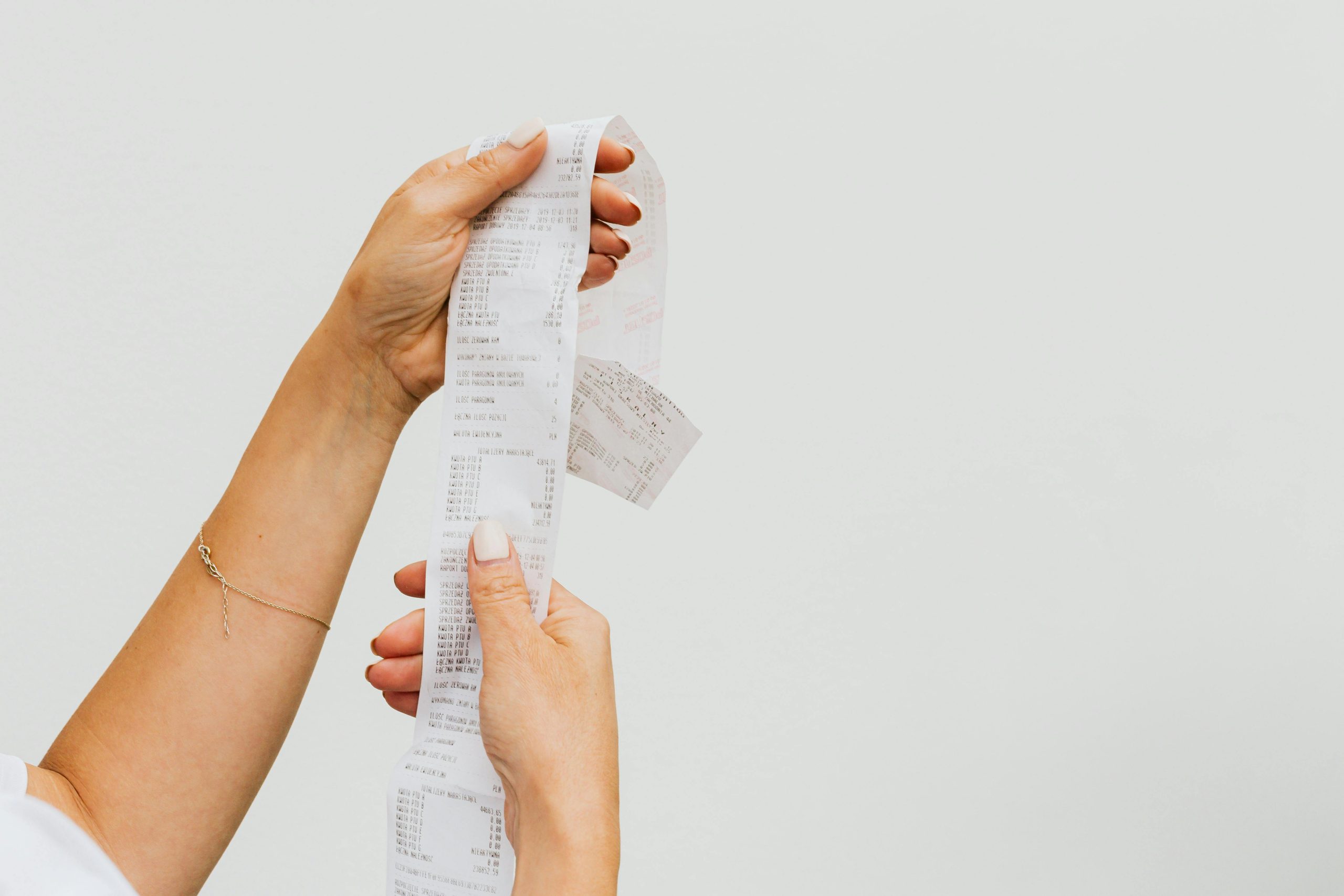Mastering the Art of Budgeting: Your Guide to Taming Impulse Buying - 5 minutes read
Ever found yourself strolling through the aisles of a store, only to be lured by something shiny, new, and completely unnecessary? We’ve all been there. It’s like the item is whispering sweet nothings in your ear, convincing you that you absolutely need it in your life. But then reality hits when you get home, and you’re left wondering why you caved in to yet another impulse buy. Fear not, my friends! Even the most impulsive among us can learn to rein it in with a little self-control and a few savvy strategies.
Budgeting Basics: The Foundation for Financial Freedom

Ah, the trusty budget. It’s like your financial GPS, guiding you toward your goals and keeping you on track. Knowing exactly where your hard-earned cash is going each month is key to taking control of your finances. Allocate funds to essentials, savings, and yes, a little wiggle room for those discretionary expenses. Having clear limits in each category helps curb the temptation to overspend on things like dining out or that must-have gadget. Remember, knowledge is power when it comes to managing your money.
The Power of the Shopping List: Stay Focused, Stay Strong
Preparation is your secret weapon against impulse buying. Always arm yourself with a shopping list before hitting the stores. It’s your roadmap to staying on course and avoiding those tempting detours down the aisles of temptation. And here’s the kicker: stick to your list like glue. Before tossing that “absolutely essential” item into your cart, give your list a quick once-over to keep your spending in check.
Setting Sail with Clear Financial Goals
Having a destination in mind makes it easier to stay the course. Whether you’re saving for that dream vacation, a down payment on a house, or your golden years, knowing your financial goals helps put impulse purchases into perspective. So, the next time you’re eyeing that impulse buy, ask yourself: does this align with my long-term goals? Visualize your dreams, and suddenly that impulse buy doesn’t seem so enticing.
Cash is King: The Power of Tangible Spending

There’s something about parting ways with cold, hard cash that makes you think twice about your purchases. Studies show that people tend to spend less when using cash compared to plastic. So leave those credit cards at home and take only the cash you need. Once it’s gone, consider your shopping trip over. It’s a simple yet effective way to keep your impulse buying in check.
Therapy Shopping: A Temporary Fix for a Permanent Problem

We’ve all been guilty of indulging in a little “retail therapy” from time to time. But before you reach for that credit card to soothe your mood, pause for a moment. While shopping may provide a temporary high, it’s not a sustainable solution and can wreak havoc on your finances. Instead, find healthier outlets for managing stress that don’t involve draining your bank account.
The Hungry Shopper’s Dilemma: Never Grocery Shop on an Empty Stomach
Hunger and impulse buying go hand in hand. Ever noticed how everything looks irresistible when you’re hungry? Avoid the temptation by fueling up before hitting the store. A satisfied stomach means a satisfied shopper, less prone to making impulsive purchases.
Locking Away Temptation: Make Accessing Money a Challenge

Out of sight, out of mind, right? Keep your credit and debit cards tucked away safely to avoid impulse spending. Disable digital payment methods on your devices while out and about. And if you have a stash of “fun money,” make it a bit harder to access. Every barrier you create gives your rational self a fighting chance against impulse buying.
Patience is a Virtue: Learn to Delay Gratification
When the urge to splurge strikes, resist the temptation to act on it immediately. Instead, give yourself some breathing room. Step away from the item and give yourself time to think it over. If it still seems like a good idea after some distance, then go for it. But setting a waiting period, even just 24 hours, can work wonders in curbing impulse buying.
Do Your Homework: Research Before You Buy
Before making a big-ticket purchase, do your due diligence. A quick internet search can uncover valuable information like reviews and price comparisons. You might discover that what seemed like a great deal isn’t all it’s cracked up to be. Knowledge is power when it comes to making informed purchasing decisions.
Keep Tabs on Your Spending: Track and Analyze

Lastly, keep a close eye on your spending habits. Whether you prefer apps or old-fashioned pen and paper, tracking your expenses helps raise awareness of where your money is going. Take note of impulse purchases and any regrets that follow. The more aware you are, the better equipped you’ll be to tackle impulsive spending head-on.
So there you have it, folks: your roadmap to mastering the art of budgeting and taming those pesky impulse buys. With a little self-control and a lot of savvy, you’ll be well on your way to financial freedom in no time. Happy budgeting!
Featured image: javi_indy/iStock